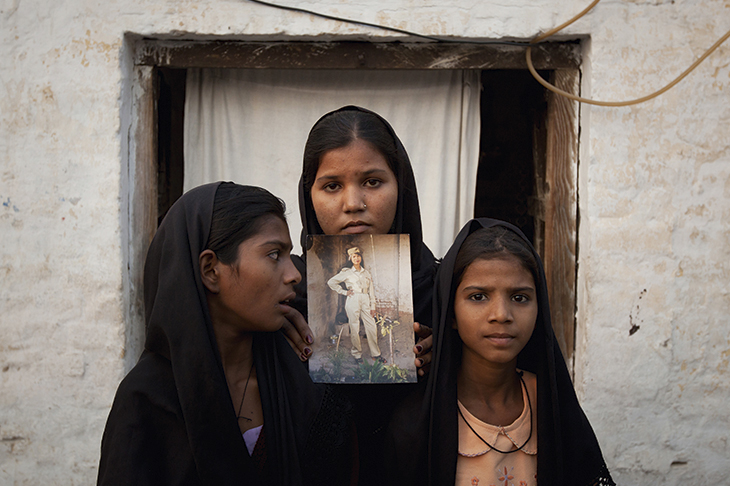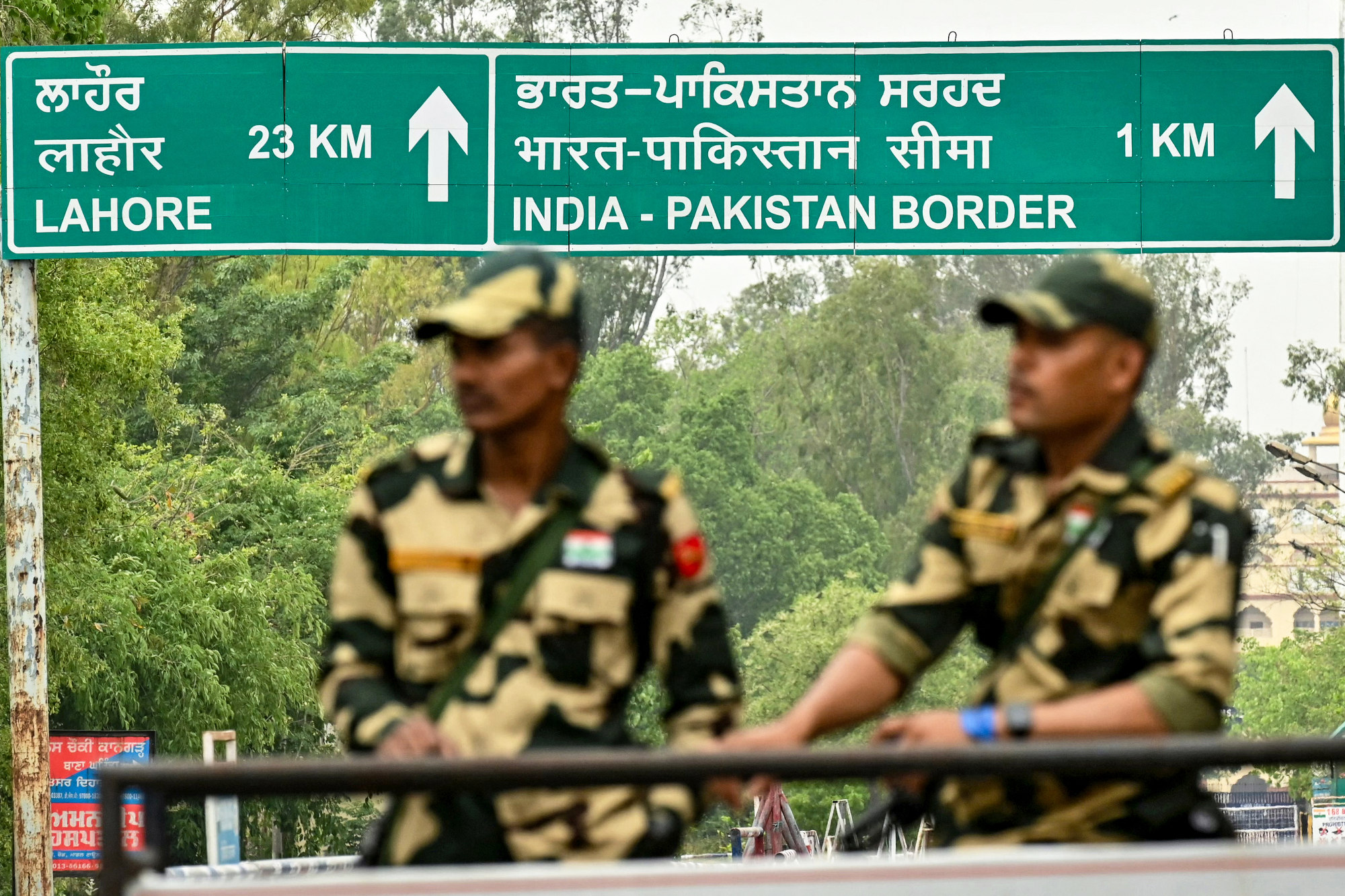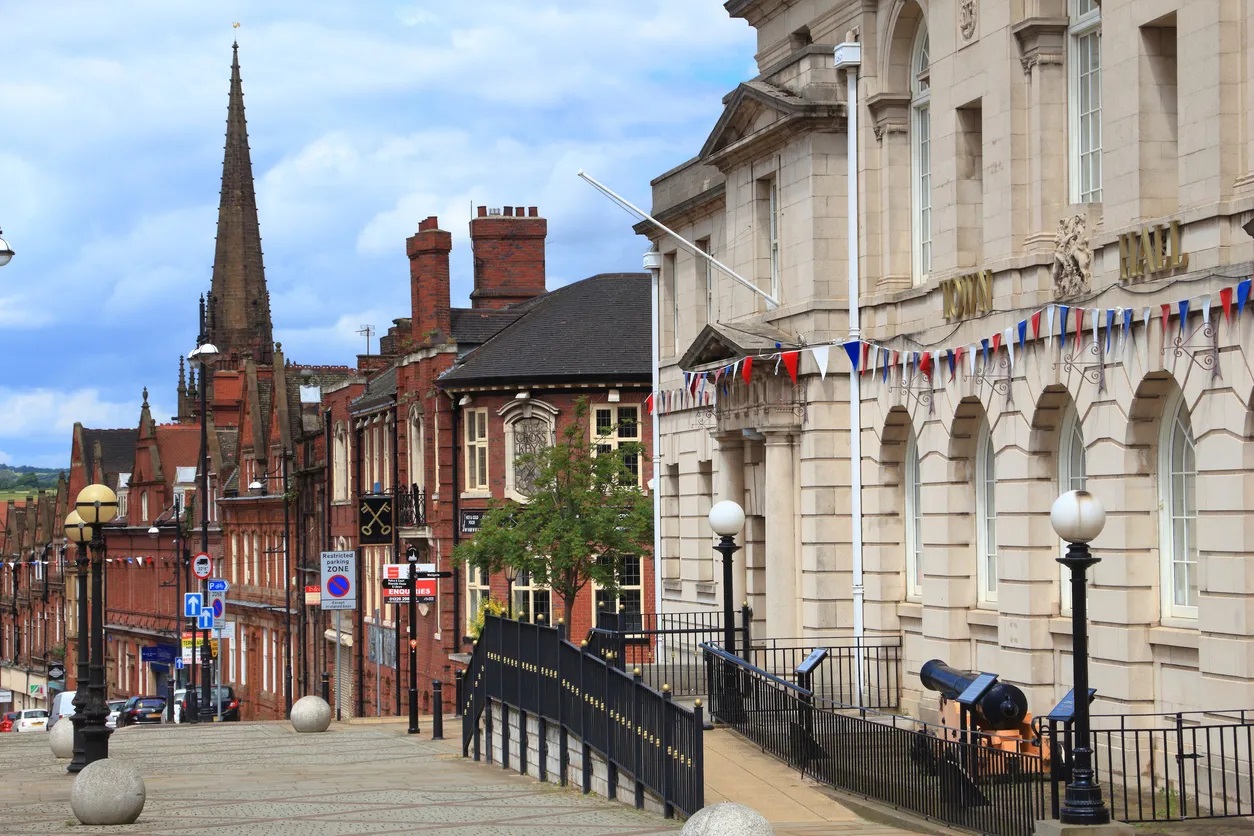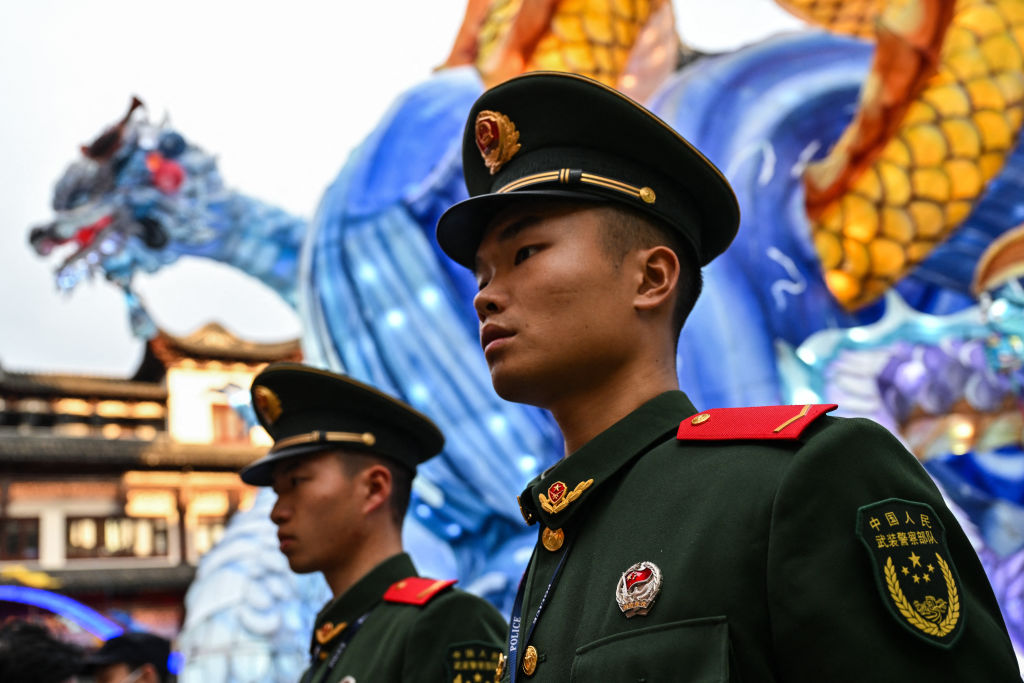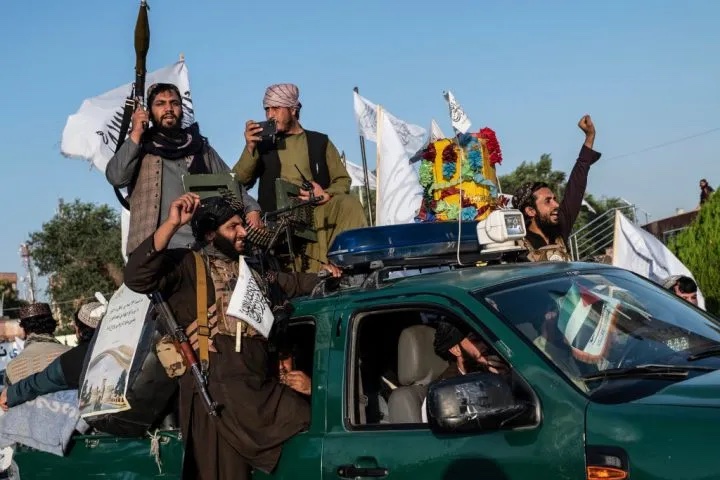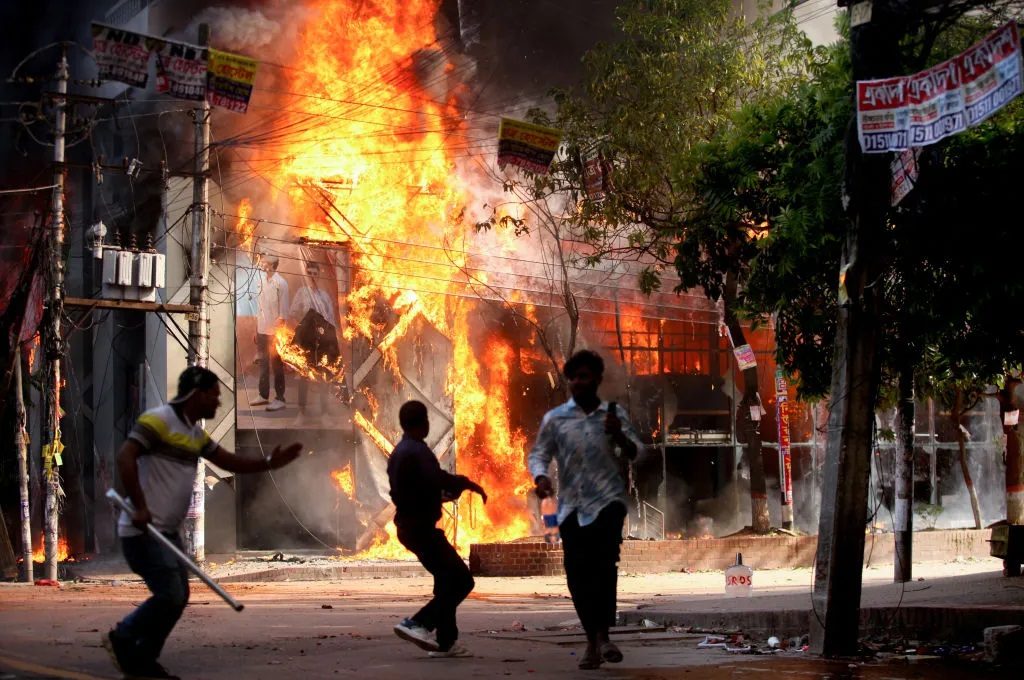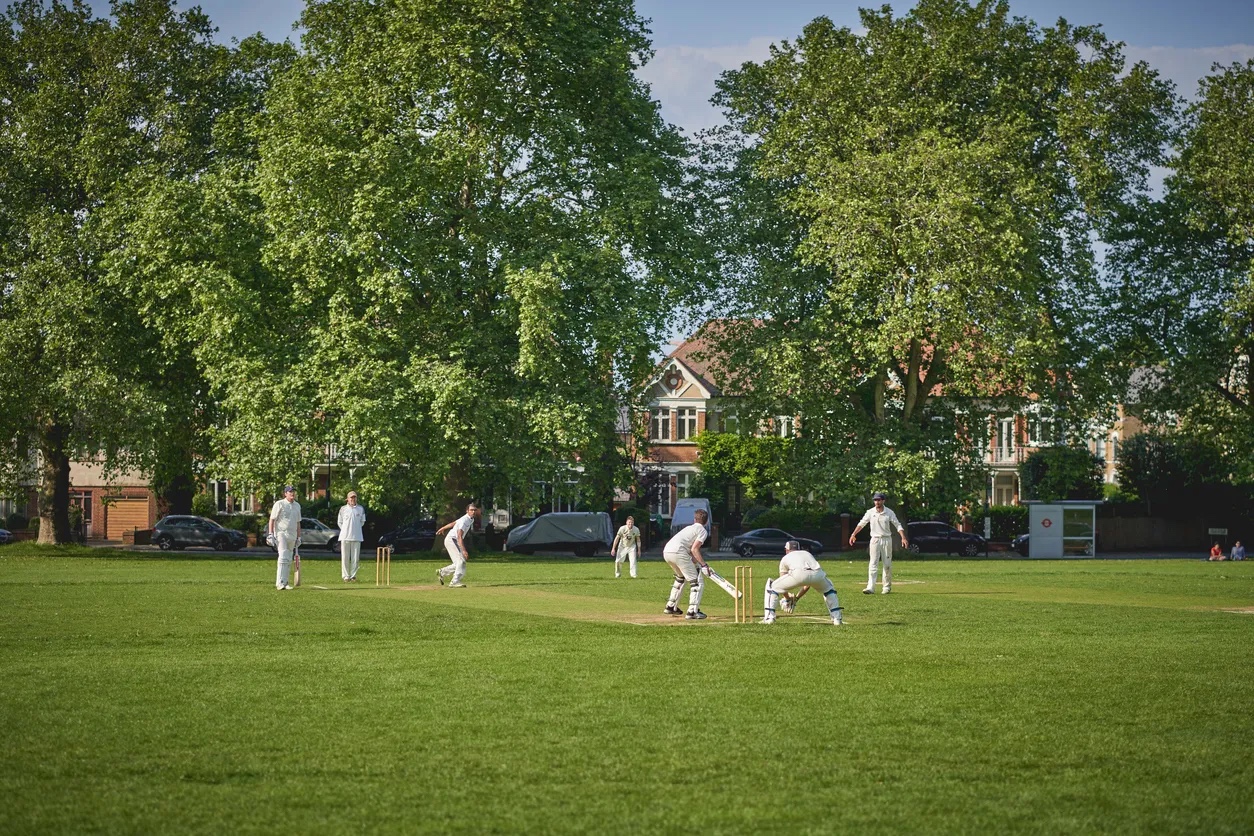Saif ul-Malook greets me in the hallway of his daughter’s home. Pakistani hospitality dictates that a guest should not go hungry, so there are plates of samosas, kebabs and biscuits. I am also of Pakistani heritage, so know that etiquette dictates that I must politely refuse a few times — or until I can no longer ignore my rumbling stomach.
Malook was flown out of Pakistan, because his life was in danger. Since leaving the country, he has kept a low profile in his daughter’s home, a modest detached house in a cul-de-sac off a busy road in a UK city. He asks for the location not to be revealed.
The reason his life is in danger is because Malook was a key figure in one of the most renowned cases in recent times. He was the lawyer who defended Asia Bibi, a poor and illiterate 47-year-old Catholic woman who faced being hanged for allegedly insulting the Prophet Mohammed.
In 2009, Bibi was at her work on a farm when she stopped to drink some water from a well, using someone else’s cup. She was told that she could not share utensils with a Muslim because she was ‘unclean’. This led to an argument about religion, and Bibi and her family were later beaten by a mob who extracted a ‘confession’.
She was then arrested and imprisoned for more than a year before being formally charged. She was the first woman in Pakistan to be sentenced to death for blasphemy, and would have been the first to be executed for blasphemy under the current law. Her case sparked international outrage. Her family visited the UK to appeal for help, and even met the Pope.
When Malook became involved in 2014, the Supreme Court granted leave to file for an appeal, and the death penalty was temporarily suspended in 2015. Then in October this year, Malook received a call from the Supreme Court telling him that the three-judge bench would be hearing the final legal appeal. He had just two days to prepare, but he had been ready for this case for four years.
After nine years in prison, Bibi was finally acquitted. The judges ruled that there was insufficient evidence against her, because she ‘confessed’ to blasphemy while she was being beaten. Her exoneration sparked violent protests across Pakistan from the country’s fundamentalists. Some called for the judges involved in the case to be killed.
After Bibi was released, the Pakistani government agreed temporarily to the Islamists’ demands to stop her leaving the country. It is now believed that both she and her family are now hiding in a secret location in Islamabad, the capital of Pakistan.
At the end of November, Theresa May was asked to ‘put the record straight’ by Tory MP Zac Goldsmith after reports she had blocked an asylum bid for the family. Some reports have suggested it is because the government fears a backlash among British Muslims of Pakistani heritage. ‘The UK is being totally unfair,’ says Malook. ‘Theresa May should be a brave Prime Minister while deciding about Asia Bibi’s case, instead of taking into consideration what may or may not happen. For nine years the western, Christian world raised a campaign in favor of Asia. Now she is free they are showing a cowardly attitude. They are not able to stand up with conviction.’
Ghulam Mustafa Chaudhry, the lawyer who represented the provincial cleric in Punjab who filed the initial charges against Bibi, petitioned the Supreme Court to request that the judges review her acquittal.
Malook, meanwhile, has nothing but praise for the judges who acquitted Bibi, despite the death threats they now face, which mean they cannot travel without security. ‘For the judges to stand and give this judgment — I salute them. It was very difficult. I really commend them. They proved that they are loyal to their oath and the constitution. It’s wonderful.’
After Bibi’s acquittal, Malook took shelter in the French embassy in Pakistan for three nights before the army took him to the airport, where he eventually went to the Netherlands. Several countries, including Germany and Canada, have reportedly offered Bibi and her family asylum. I ask Malook if Bibi has a preference as to where she goes. ‘When I visited her we used to discuss these things. She simply said, in Punjabi, “Sir, I have never even left my village. I’ll go wherever you think I should.” ’ If the British government is so concerned with her safety, Malook continues, then ‘bring her here. I will keep her safe’.
Malook has been advised to stay away from Pakistan for at least a couple of years, until public interest in the case has died down. In the meantime, he splits his time between several European countries. He hopes to be granted asylum in the UK, where his daughter Sarah and his granddaughter live.
Last month, Malook was invited to speak at the International Conference on Sharia, Segregation and Secularism in central London. He recalled a childhood in Pakistan where Christians and Muslims lived peacefully together, and described how the country has changed since the 1980s, when General Zia-ul-Haq was president and started the process of Islamising the nation. Malook’s speech was met with a standing ovation.
This is not the first time in his life that he has faced death threats. He was the only lawyer who would prosecute Mumtaz Qadri, a police officer who assassinated Salman Taseer, the governor of Punjab in 2011. Taseer had met Bibi in prison and said the country’s blasphemy laws needed reforming so they would not be used in personal vendettas or to persecute minorities. In revenge, Qadri shot Taseer. During his appearance in court, more than 300 lawyers offered to represent Qadri pro bono. Not one lawyer stood up to prosecute him — until Malook decided to take a stand.
Was he not frightened?
‘Yes, I was,’ he says quietly. A senior police officer showed him a disturbing letter he had been sent from militants who said they would do unspeakable things to his family members for prosecuting Qadri. The officer told him that if he could withstand such threats, then he should go ahead.
Malook decided to do so. The chief justice of Pakistan, who was an acquaintance, told him he had ‘gone mad’. ‘No one I met said “well done”. My blood pressure had gone up, so I had to go into hospital. But slowly, slowly, you learn to live with this.’
So why did he do it? ‘Because someone has to stand up,’ he said, thumping his chair, a fierce look of determination on his face — ever the lawyer. ‘I thought to myself, if no one is standing then you will be the one who does.’
Qadri was eventually found guilty of murder. In February 2016, he was hanged. His funeral, in the city of Rawalpindi, was attended by more than 10,000 people — a stark contrast to Taseer’s funeral, which saw hardly any mourners. Every day, hundreds of people still visit Qadri’s grave, which is being transformed into a pilgrimage site.
Pakistan’s blasphemy laws go back to the British Raj. Laws enacted in 1860 made it a crime to disturb a religious assembly, trespass on burial grounds, insult religious beliefs or intentionally destroy or defile a place or an object of worship. Several more clauses were added in the 1980s by President Zia. In 1986, a separate clause was inserted to punish blasphemy against the Prophet Mohammed. The penalty recommended was ‘death, or imprisonment for life’. Since 1990, 62 people have been murdered, often on the flimsiest of allegations. But calls for a change to the laws have been strongly resisted by Islamic parties — most prominently the Barelvi school of Islam, a movement which emphasizes personal devotion to the prophet.
Shahbaz Bhatti, a Christian who was the first federal minister for minorities affairs, was assassinated in March 2011. The Pakistani Taleban claimed responsibility and called him a blasphemer of Mohammed for supporting Bibi. In April 2017, university student Mashal Khan was beaten and killed by fellow students over rumors that he had posted blasphemous material online.
I ask Malook what he thinks about the blasphemy laws. There is a tense pause, before he eventually replies, ‘I am not a religious expert. My job is just to make sure nobody is falsely convicted.’ When I press him further, he simply says, ‘I’m not a scholar, just a lawyer. Every person is innocent until proven guilty by the law,’ before adding angrily, ‘These bastards who kill in the name of the prophet, who talk about disrespecting the prophet. They’re the ones who are disrespecting him. They never do the things he taught us.’
He turns to face me again, with a warning. ‘People will be watching how I’m treated in the western world. They’ll be saying, “We told him not to be a hero. Now he’s paying the price.” ’
I ask him what kind of person Bibi is. How did she fare in prison for almost a decade? Malook’s face softens whenever he speaks about her; it is evident that he admires her spirit and courage. ‘She is psychologically very strong. If you put me in there even for six months I would be broken. She’s totally uneducated; she can’t even write her own name. But she has a strong faith in Christianity. When I visited her in prison for the last time, she told me she had a dream that the prison doors were open. She said, ‘I am a strong believer in Jesus Christ — no one can harm me.’
This article was originally published in The Spectator magazine.



